SUMMARY
This is AI generated summarization, which may have errors. For context, always refer to the full article.

The Department of Justice (DOJ) has found possible criminal liability in 50 drug war deaths involving around 150 policemen, but they need to undergo another round of case buildup by the National Bureau of Investigation (NBI).
This is the content of the DOJ’s highly-awaited second report of their drug war review panel, Justice Secretary Menardo Guevarra told reporters on Sunday, October 3.
“The DOJ noted that based on the facts gathered by the PNP internal affairs service (IAS), the police officers involved in these cases were not only administratively liable; the existing evidence pointed to their possible criminal liability as well,” said Guevarra.
“The DOJ thus informed the PNP that these cases will be endorsed to the NBI for case build-up and filing of criminal complaints if warranted by the evidence,” Guevarra added.
They were reviewing 52 cases where the Philippine National Police (PNP) has found administrative liability. It is 52 out of the more than 7,000 killed in police drug war operations. The review panel found that in the 52, one did not have a death, and one was not drug-related.
The NBI case buildup is not a criminal complaint yet.
The drug war panel includes the NBI generally. Why weren’t the findings of the review panel sufficient to directly file the complaint?
“The NBI was not part of the DOJ team that examined the 52 cases. If the NBI will deem that the PNP-IAS findings are enough, they may file the complaints directly,” said Guevarra.
Critics have repeatedly slammed the investigations as being protracted and dragging, as human rights lawyers argue that a death is automatically a cause for trial because “nanlaban” (resisting arrest) is a matter of defense.
With this phase, the NBI has to do another buildup, and if they file the complaints, it will go through a preliminary investigation by DOJ prosecutors before charges are actually filed.
When’s the deadline for the NBI case buildup? “This will be the subject of the meeting between the DOJ and the NBI on Tuesday, October 5,” said Guevarra.
It has been five years of an unrelenting drug war that has killed around 20,000 people, including deaths carried out by vigilantes.
Still no commitment to CHR access
Guevarra is still also unable to definitively promise the Commission on Human Rights (CHR) access to both raw records or at least the full first and second reports, even though he namedropped the “unhampered functioning” of the CHR when he announced the creation of the panel to the United Nations Human Rights Council (UNHRC) in June 2020.
“We’ll discuss this with the CHR,” Guevarra said when pressed if they will give access to the full second report.
The report in full will remain confidential, as was the first, said Guevarra on Sunday.
“We may engage the CHR in this next phase of the work of the drug review panel,” said Guevarra.
The next phase is to monitor around 100 drug-related cases pending preliminary investigation by prosecutors, or in courts undergoing trial.
The CHR wants access to their data because apart from helping in the investigation, it wants to be able to spot patterns of policemen and police stations continuously involved in irregularities.
In the nearly 2,000 deaths that the CHR managed to find files on despite stonewalling from the government, it discovered that only 10 cases reached courts.
Human rights advocates, both local and international, have been calling on the UN HRC to stop shielding the Duterte government from stronger scrutiny. The HRC offered technical assistance to the government, slammed as a soft resolution, citing among others the drug war review panel, which critics have called as a way to mislead.
The International Criminal Court is already investigating the Duterte drug war, in the process of seeking evidence to request arrest warrants or summons.
Rappler investigations have found that at the start of the drug war, vigilante drug killings happened in the same time periods in the same areas in Bulacan. These were contained in police reports submitted to the Supreme Court, files that turned out to be largely rubbish which stalled the petitions in the High Court, still pending after four years.

– Rappler.com
Add a comment
How does this make you feel?
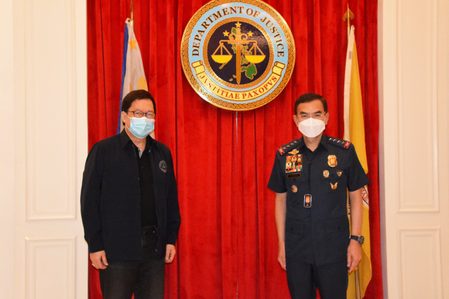
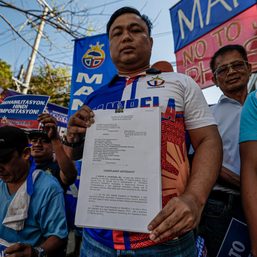

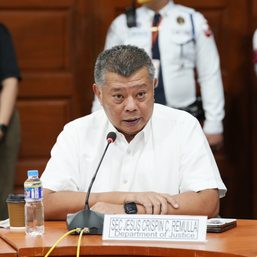
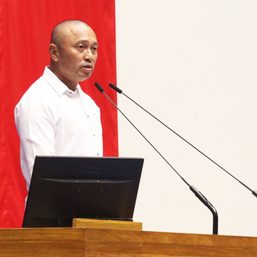
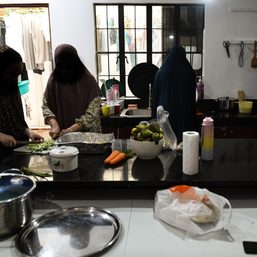

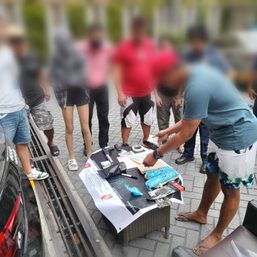
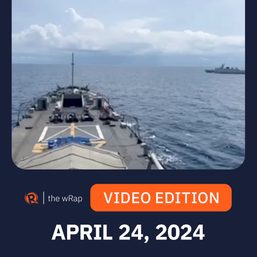
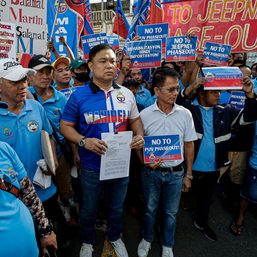
There are no comments yet. Add your comment to start the conversation.